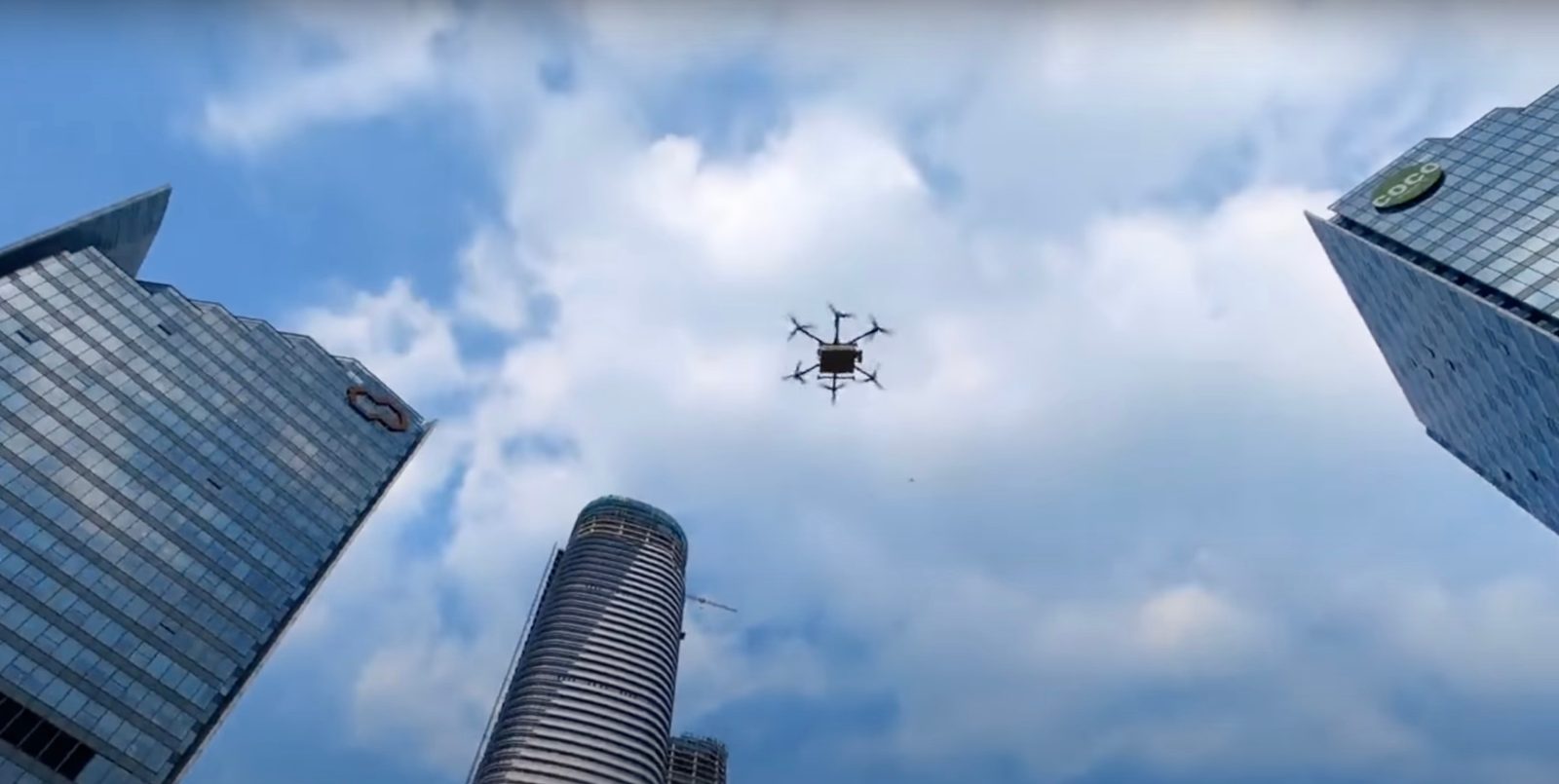
China has presented a list of new rules applying to drone flight by civilian users, whose objectives for protecting public safety and national security – particularly, it would appear, the latter – don’t exactly strengthen individual liberties in the skies.
Limited details of the drone rules set to come into force next year were published in media reports, including the China South Morning Post. Contents of the “Interim Regulations for Managing Uncrewed Aerial Vehicle Flights” were initially reported by state-run media outlets Thursday, and at first blush made restriction-heavy countries like, say, France, seem wildly laissez-faire by comparison.
Among reported strictures outlined: a ban on foreign-produced drones, as well as surveying activities within China by pilots who aren’t citizens. Infractions considered serious under new and existing rules may purportedly be punished by deportation – meaning you might want to reconsider an aerial selfie with the Great Wall in the background if you’ve tweeted rant about Beijing’s treatment of Tibet in the recent past.
According to the state publication China Daily citing government documents, the new regulations seek to “establish a science-based, well-regulated, and efficient management system for drones.” Those require fairly common requirements for civilian pilots around the globe, like mastering certain skills and command of regulation, and registering their UAVs with authorities. The difference on that latter point, however, is in China, even UAVs weighing less than 250 g. will need fingerprinting.
Read: NYC proposes new (but slow, pricey, and cumbersome) drone authorization rules
The beneficial effects of the rules applicable to “civilian drones and their operators” will be obtained through “stipulating (permitted) flight airspace, streamlining approval procedures, and improving supervision and emergency response mechanisms,” according to reports
The potentially problematic side of those, however, may arise from China’s various state agencies tasked with protecting numerous “restricted airspaces for drones, including above airports, national borders, military bases, weapons factories, power plants, transformer substations, transport hubs, radar stations, and satellite control and tracking facilities.” Nothing mentioned about Uighur internment camps, though.
Among less defined drone rules are the interdictions to “disrupt public order, or release illegal materials” – both of which would presumably cover a great many common, seemingly innocuous aerial scenarios in other nations that local officials might decide they don’t like.
So, too, is the existing ban on communicating China’s “geographical information” without official authorization – a potentially vague and wide legal brush with which resented UAV outings or pilots might be painted as illicit.
Drones used by individuals or companies must also be equipped with and operated remote ID tech while in use under China’s new rules. Registration fees for UAVs were not stipulated, though fines for failing to do so were reported as 20,000 yuan ($2,800).
According to an aviation expert cited by China Daily, the nation currently has a “million registered civilian drones on the Chinese mainland” that fly around 20 million hours each year, with the number of drone owners totaling 700,000.
FTC: We use income earning auto affiliate links. More.




Comments